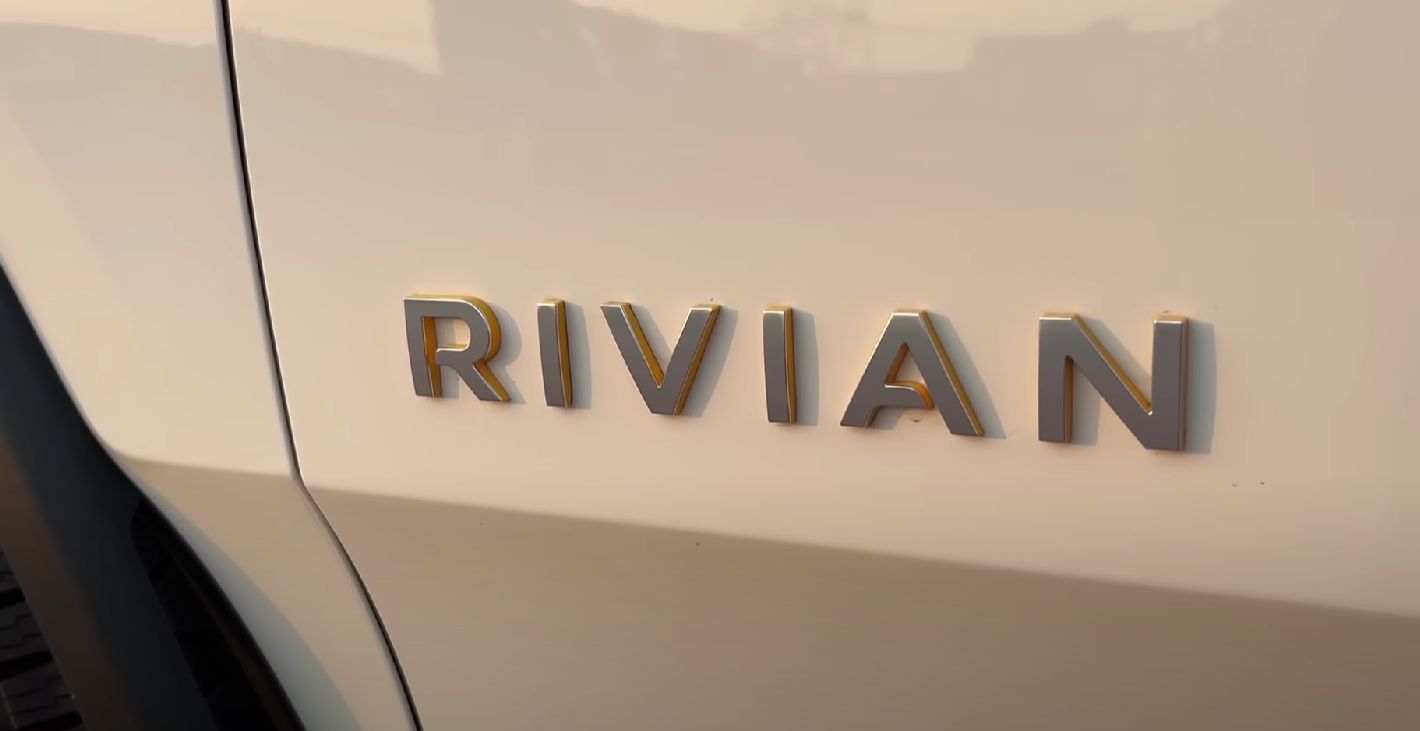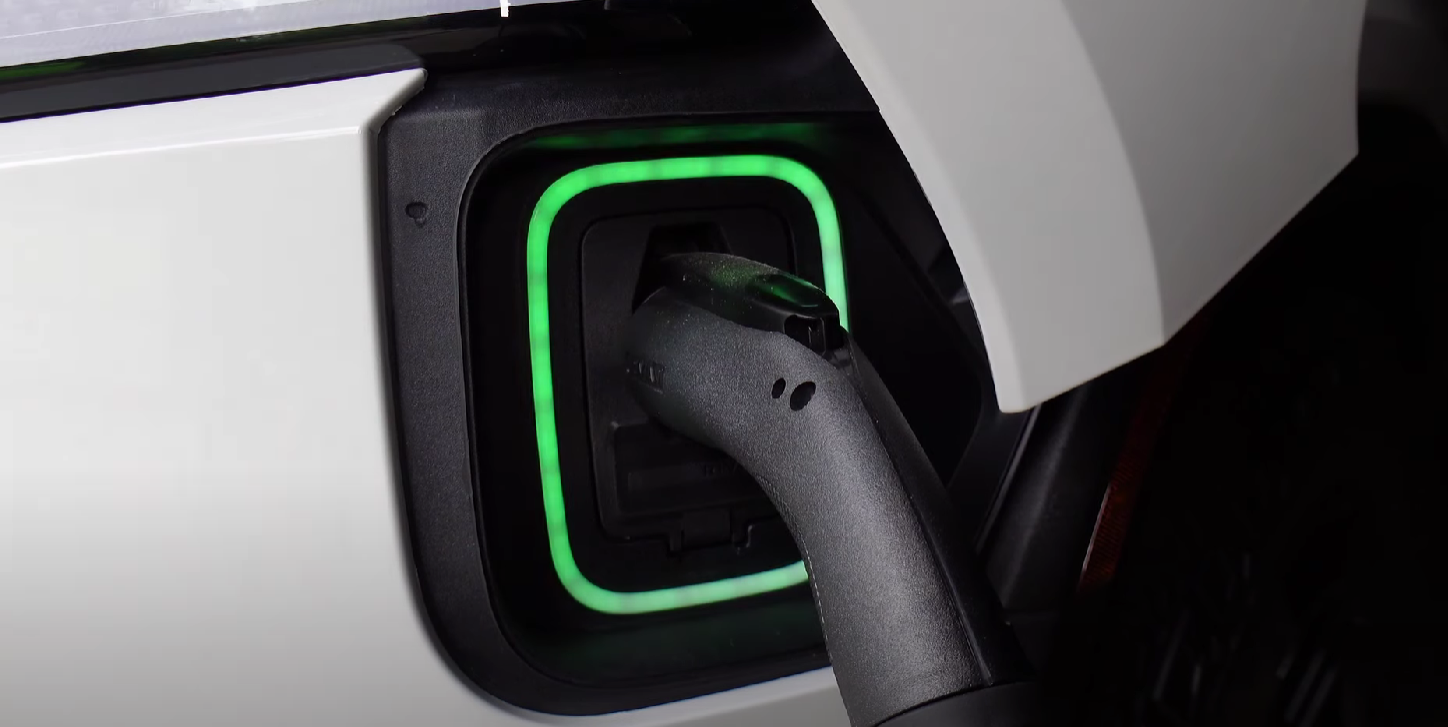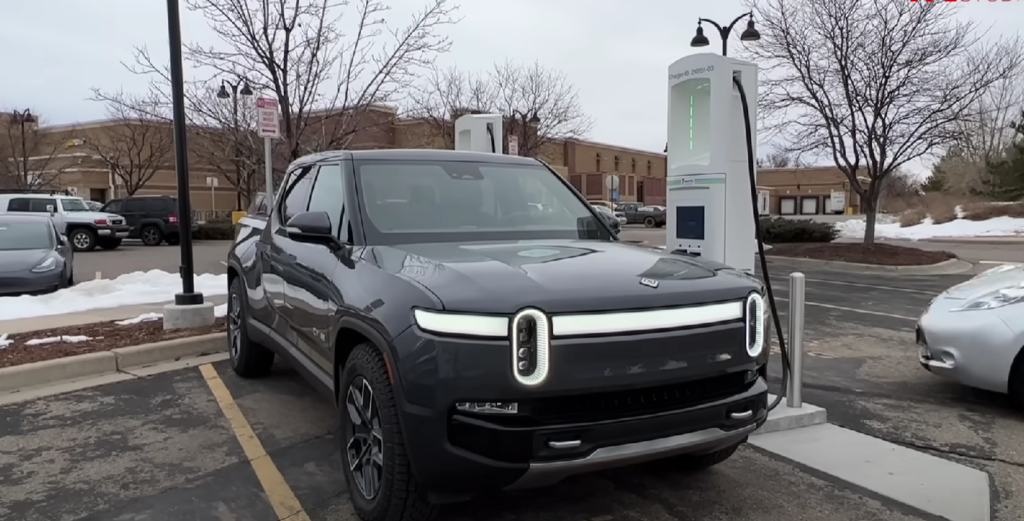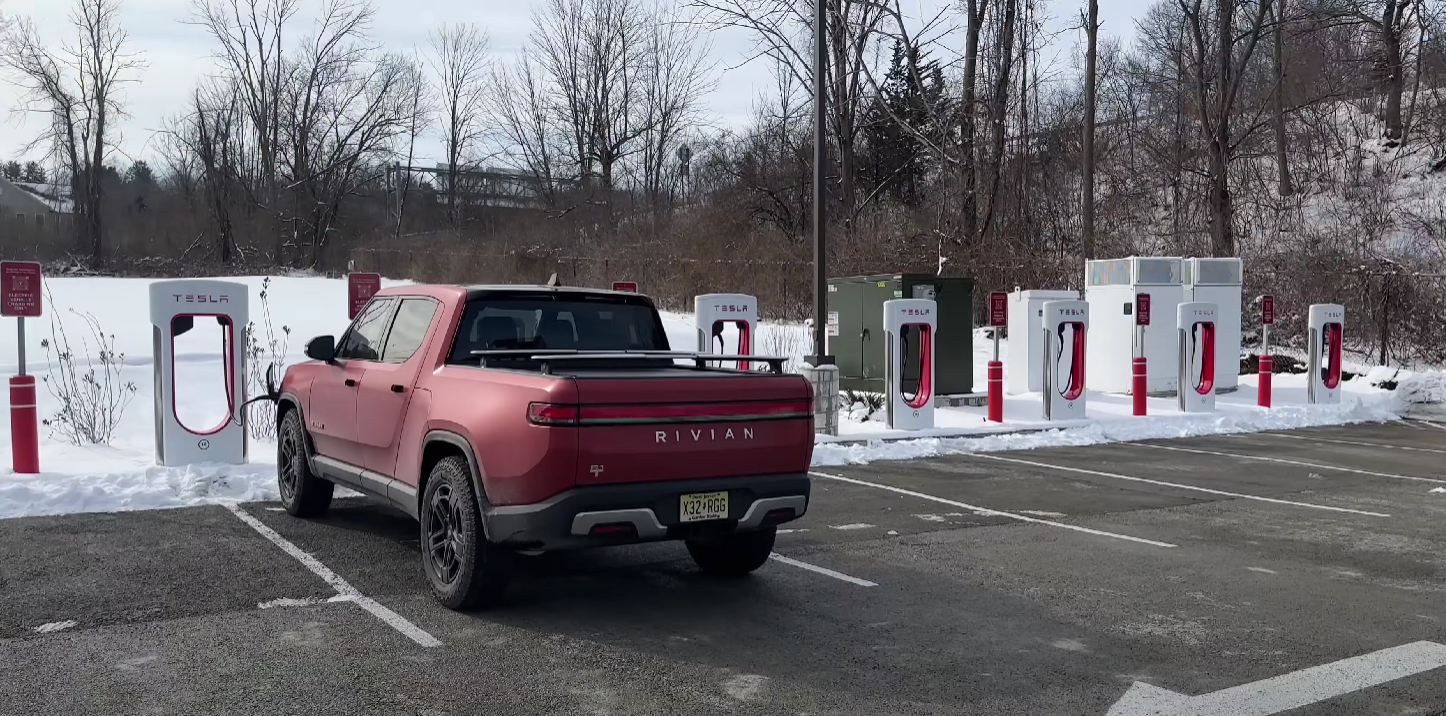Curious about the costs associated with charging a Rivian truck? The costs of charging EVs like the Rivian in the United States can vary, depending on your state and location.
In this guide, we’ll reveal Rivian truck charging fees so you know how to budget your next cross-country or day-to-day trips.
How Much Does It Cost to Charge a Rivian Truck?
The landscape of EV charging costs across the United States is a diverse one, with significant variations from state to state. Topping the charts are Hawaii and California, where charging expenses reach their peak.
On the flip side, if you find yourself in Idaho, you’ll be delighted to discover it as the most cost-effective state for charging your Rivian at home. Assuming you have an EV charging station already set up, the average cost for fueling up a 135-kWh Rivian is a mere $21.75.

For those equipped with a larger 180-kWh battery pack, the average charge expense hovers around $29.00, making the transition to an electric lifestyle an enticing and pocket-friendly option.
Factors That Affect the Cost of Charging Your Rivian Truck
Several factors can significantly influence the cost to charge a Rivian truck, ultimately shaping the overall expenses associated with owning and operating an electric vehicle. Understanding these factors is crucial for both prospective Rivian owners and current owners looking to optimize their charging costs.
Electricity Rates
The cost of electricity in different regions and states can vary significantly. Electricity rates are influenced by factors such as local energy production, infrastructure, and government policies. Higher electricity rates will naturally result in increased charging costs.
Therefore, the location of your residence plays a vital role in determining how much you’ll pay to charge your Rivian truck.
Charging Time
The charging speed and time required to charge your Rivian truck will impact the cost. Fast charging stations, such as DC fast chargers, can replenish the battery at a much quicker rate but might come with a higher price per kilowatt-hour (kWh).

Conversely, charging your vehicle at a slower rate, such as through a standard household outlet, will take longer but may be more cost-effective in terms of electricity rates.
Battery Capacity
Rivian offers different battery pack options, including standard and max packs, with varying kilowatt-hour capacities. The larger the battery capacity, the more energy it can store, and consequently, the higher the cost to charge it.
Owners of Rivian trucks with larger battery packs should expect slightly higher charging costs compared to those with smaller packs.
Charging Location
Where you charge your Rivian truck can influence the cost significantly. Public charging stations often have different pricing structures, ranging from free charging to pay-per-use or subscription-based models.
It’s essential to research and compare the costs of different charging networks and providers in your area to find the most cost-effective options.

Time of Use (TOU) Rates
Some electricity providers offer Time of Use (TOU) rates, where the price of electricity varies depending on the time of day. TOU rates typically have lower prices during off-peak hours and higher prices during peak hours.
By scheduling your charging sessions during off-peak hours, you can take advantage of lower electricity rates and reduce the cost of charging your Rivian truck.
Renewable Energy Sources
Utilizing renewable energy sources, such as solar panels or wind power, to charge your Rivian truck can have a positive impact on charging costs. Generating your electricity from renewable sources reduces or eliminates the reliance on grid electricity, which can be more expensive.
Additionally, some areas offer incentives or rebates for installing renewable energy systems, further reducing long-term charging expenses.
Driving Habits and Range
The distance you drive and your driving habits can influence how frequently you need to charge your Rivian truck. If you frequently undertake long-distance trips or have higher daily mileage, you may need to charge more frequently, resulting in increased charging costs.

Efficient driving practices, such as smooth acceleration, regenerative braking, and route planning, can help optimize your range and reduce charging needs.
By considering these factors, Rivian truck owners can make informed decisions to manage and minimize their charging costs.
As the electric vehicle landscape evolves and technologies advance, it is important to stay up-to-date with local policies, incentives, and advancements in charging infrastructure to maximize the financial benefits of owning a Rivian truck.
Can You Charge a Rivian at a Tesla Station?
If you’re a Rivian R1S or R1T owner and find yourself in need of a charging boost, fear not. You can make use of a Tesla charging station, provided you have a J1772 adapter plug [1], which can be purchased separately.

It’s worth noting, however, that while Tesla Superchargers remain off-limits for Rivian vehicles at the moment, the J1772 adapter opens up the possibility of utilizing other Tesla charging options to keep your Rivian powered up on the road.
Conclusion
The cost to charge a Rivian truck proves to be surprisingly affordable, with variations based on location, battery capacity, and charging options. With the potential for reduced expenses, Rivian paves the way toward a greener future that won’t drain your wallet.

